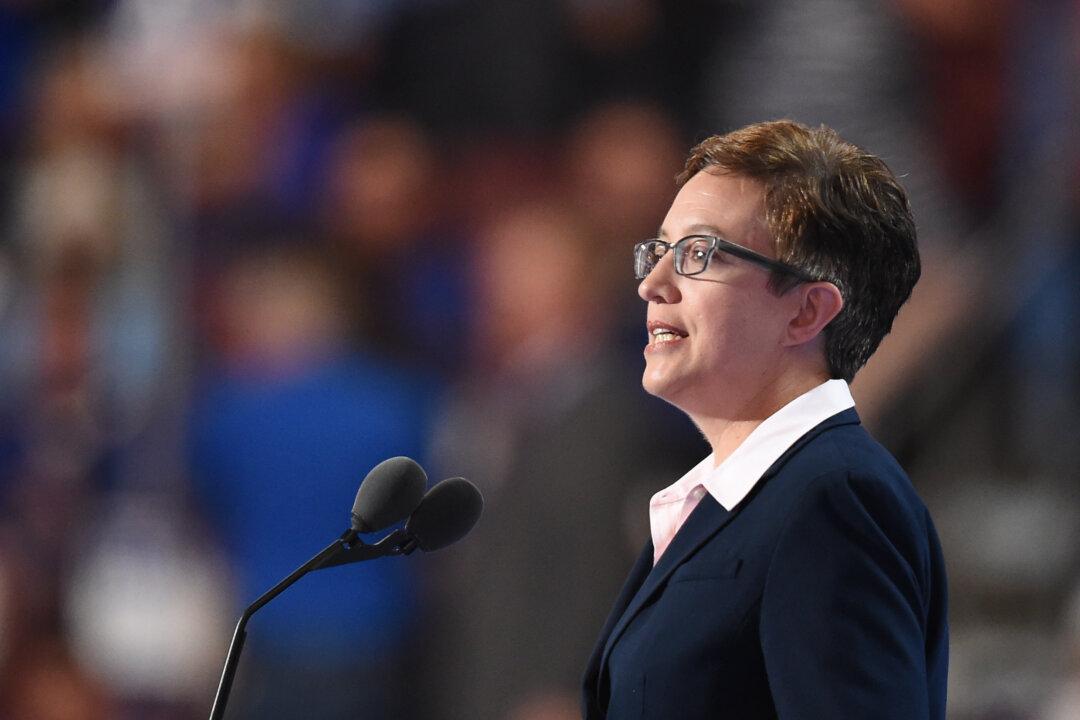Gov. Tina Kotek signed the Oregon CHIPS Act into law on April 13 after the bill was approved by state legislators, which would allow the governor to authorize funds in rural regions of Oregon for industrial developments.
“This bill is an absolutely essential tool for leading a coordinated effort with the private sector to ensure we can compete for federal funds to expand advanced manufacturing in Oregon,” Kotek said in a statement. “We are poised to lay the foundation for the next generation of innovation and production of semiconductors.”





